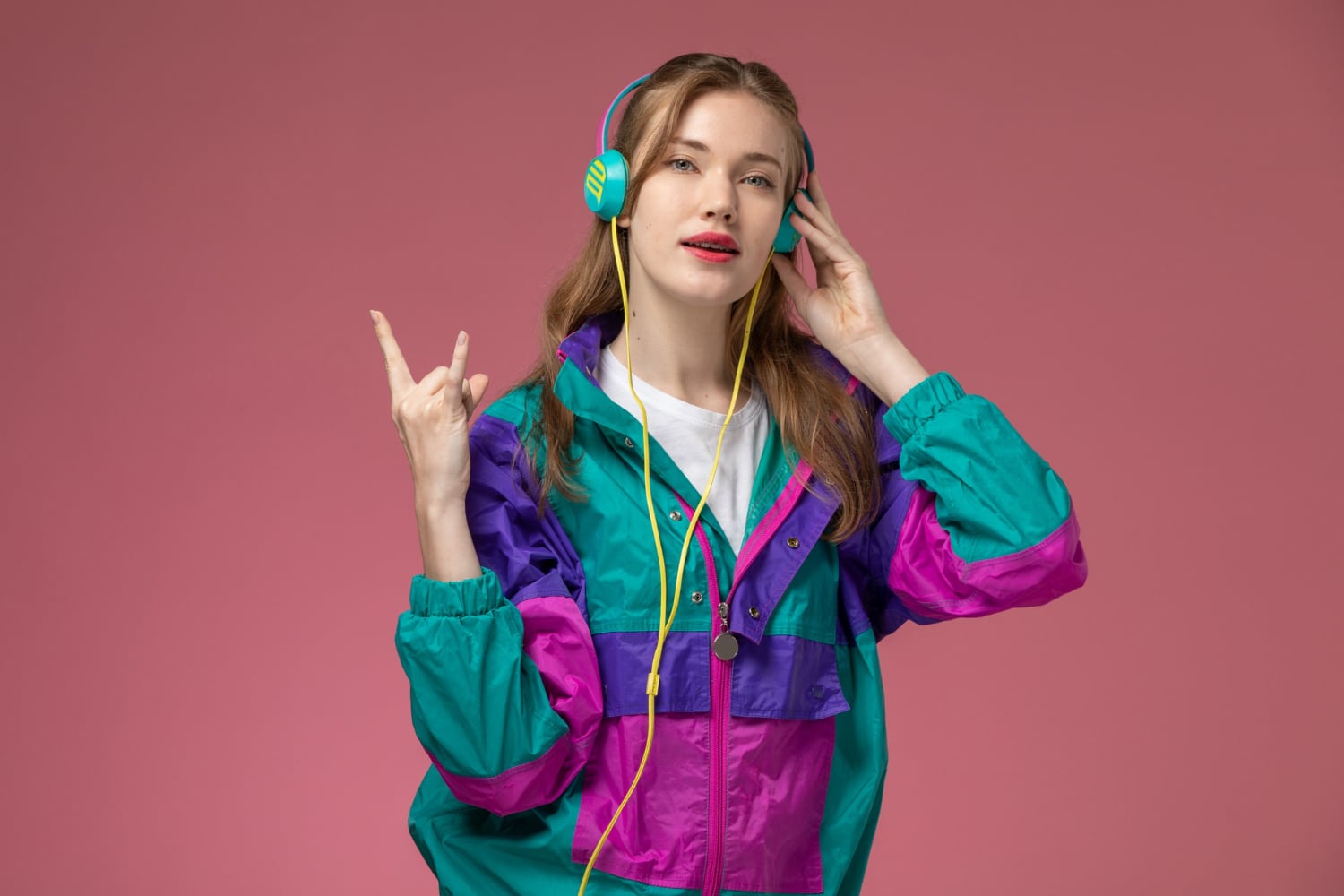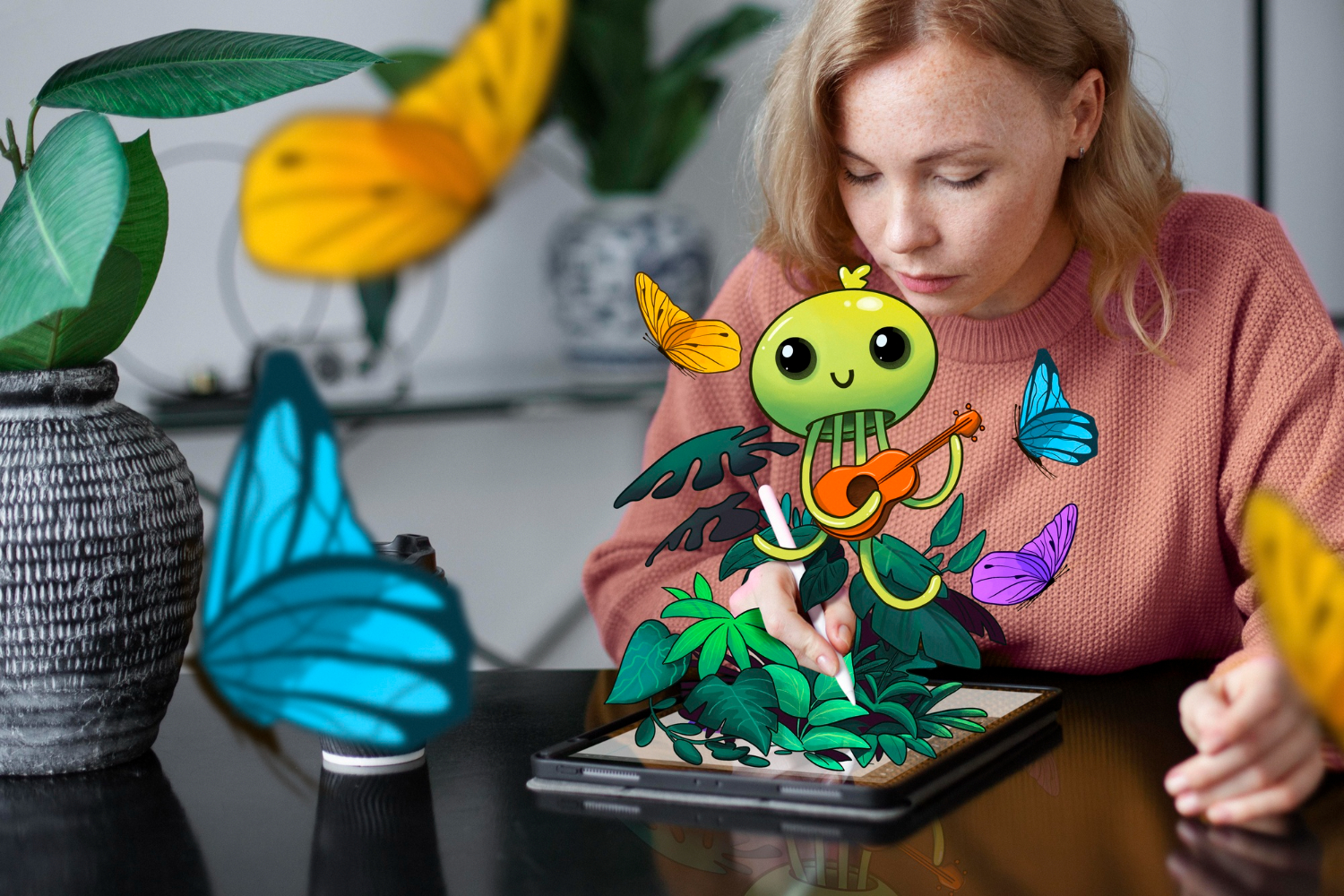
The Most Talked-About Reality Shows of 2025: What’s Hot and What’s Not
Reality TV still has us talking in 2025. Whether drama, competition or real-life romance, viewers simply can’t seem to have enough of it. There are plenty of new hits and returning favourites on popular reality TV for 2025 this year. Some series have captured social media attention, while others have flopped or slipped out of the limelight. Trending reality shows shape what we see and discuss, from cooking competitions to dating dramas. People enjoy watching real people struggle, succeed in the stars’ dreams, or just live their everyday lives with a dash of drama. Some shows go viral for mind-blowing twists, while others win love for their emotional payoffs.
In this blog, we will talk about reality shows that everyone was talking about all year round. We’ll investigate what’s hot, what’s not, and what makes some shows’ audience favourites in reality television. Whether you’re a long-time fan or a newcomer to reality television, this list will catch you up.
How do Reality Shows matter?

Reality TV is more than just mindless entertainment—it’s a cultural force that influences not only the entertainment industry but also social norms, trends, and even consumer behaviour. The popularity of reality shows in 2025 reveals deeper societal shifts and the changing values of audiences. These shows act as a mirror, reflecting public interests, challenges, and conversations around self-improvement, competition, and relationships. They represent more than the curated images we often see on scripted television; reality TV is about raw, unscripted moments that highlight both the triumphs and struggles of its participants.
In 2025, many of the most popular shows feature a broad spectrum of themes—from personal growth and self-discovery to intense competition and heartfelt romance. These shows tap into universal human experiences, making them not only entertaining but also highly relatable to viewers. Shows like “The Challenge” and “Big Brother” focus on extreme physical and mental challenges, while others like “Love Island” and “The Bachelor” showcase the ups and downs of finding love in front of millions of eyes.
Moreover, reality TV has become a space for diverse voices and real-life experiences. These shows often bring forward contestants from various backgrounds, giving audiences a glimpse into lives they might not typically encounter. Whether it’s a cooking competition that celebrates different culinary traditions or a dating show that emphasizes non-traditional relationships, these shows contribute to a broader understanding of human experiences and societal issues.
Beyond the social and cultural impact, reality TV provides a form of escapism. After a long day, viewers often turn to these shows not just to be entertained but to experience an emotional rollercoaster, all from the comfort of their own homes. The drama, excitement, and unpredictability of reality TV offer an enjoyable break from the stresses of everyday life.
Real-Life Applications and Data-Backed Insights
The popularity of reality shows can change participants’ careers and influence trends. For example, “The Great British Bake Off” sparked nationwide interest in baking. “Love Island” has changed fashion and beauty trends. A recent survey by the Broadcast Audience Research Board (BARB) shows reality TV viewership rose by 15% in the past year. Younger viewers are especially interested. This data highlights reality TV’s lasting appeal and its ability to adapt to audience preferences.
Additional Tips & Common Mistakes to Avoid
When analysing reality shows, consider what makes them appealing. Authenticity is key to audiences like genuine personalities and relatable stories. A common mistake is over-manipulating situations for drama, which can lead to viewer disengagement. Also, diversity and representation matter more than ever. Shows that don’t reflect a wide range of experiences may struggle to stay relevant.
Best Practices Beyond the Basics

Producers should create innovative formats that provide fresh perspectives. Engaging storytelling and strong casting are essential. Adding interactive elements lets viewers participate in the narrative, boosting a show’s appeal. Also, using social media helps build a community around the show, driving engagement beyond the broadcast.
Advanced Insights of Reality Shows
As reality TV evolves, several trends are shaping its future. Sustainability and social responsibility are becoming important. Audiences prefer shows that promote positive messages and contribute to society. The use of technology, like virtual and augmented reality, opens new paths for immersive viewer experiences.
Unique Industry Perspectives
Experts predict reality TV will focus more on interactive and personalised content. This allows viewers to influence storylines and outcomes. This shift reflects broader trends where audiences want more control over their entertainment. The rise of streaming platforms has also broadened reality TV’s reach, allowing niche shows to find dedicated audiences worldwide.
Reality TV in 2025: The Shows Everyone’s Watching
Reality TV remains dominant on the small screen in 2025, and there’s something for every type of viewer. From wild competition shows to heartfelt transformations, this year’s reality TV 2025 has brought us a lot of must-see moments. As some shows soared, others struggled to keep the viewers watching.
The best-trending reality shows grabbed headlines, tweets, and binge-watchers all year long. A shocking finale, a viral moment or a fan-favourite contestant were the things that made these shows the architect a big part of pop culture. They not only entertained but also inspired conversation and even shaped real-life trends. Reflecting on the year’s best shows, it’s clear that reality TV still knows how to grab attention. Most popular shows were relatable, exciting or just plain fun. And viewers had plenty to do with what remained hot and what didn’t.
Want to stay in the loop? Listen to recent episodes, follow fan pages, and see what’s trending online. With new hits always on the rise, reality TV in 2025 is far from over, and the next big thing might just be around the corner.


